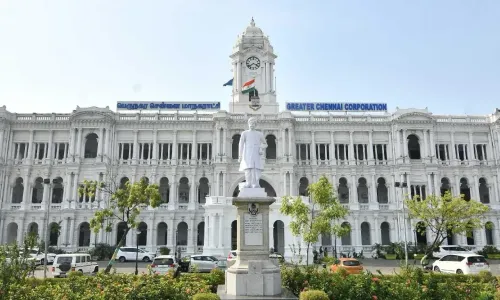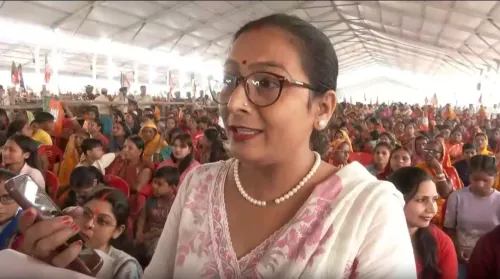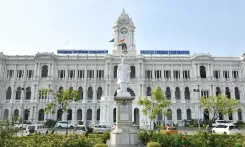Are Guidelines Issued to Hospitals with Government Monitoring Covid Cases?

Synopsis
Key Takeaways
- Delhi has surpassed 100 Covid infections.
- Government guidelines are in place for hospital preparedness.
- Ongoing monitoring of variants by INSACOG.
- Public urged to remain calm amid rising cases.
- Health resources are prioritized for effective response.
New Delhi, May 26 (NationPress) With the national capital surpassing 100 Covid infections, Delhi Chief Minister Rekha Gupta assured the public on Monday that the government is diligently monitoring the situation.
She urged citizens to remain calm, emphasizing that guidelines have been issued to all hospitals.
"Guidelines have been distributed to all healthcare facilities, and the government is vigilantly overseeing the circumstances," Gupta informed reporters.
She further mentioned that state hospitals are prepared with all necessary resources to manage the cases.
Data from the Ministry of Health and Family Welfare indicates that Delhi is currently dealing with 104 Covid cases.
"We have assessed the current situation and confirmed that there is no cause for alarm," said CM Gupta.
Last week, the Delhi government released an advisory regarding Covid-19, instructing hospitals in the capital to guarantee the availability of beds, oxygen, medications, and vaccines.
All health facilities have been mandated to send positive Covid-19 samples for genome sequencing to Lok Nayak Hospital.
"Hospitals must ensure readiness regarding beds, oxygen, antibiotics, other medications, and vaccines. All equipment, including ventilators, Bi-PAP, oxygen concentrators, and PSAs, must be operational," the advisory stipulated.
Health Minister Pankaj Singh also revealed that the government is verifying the details of the infections to establish if patients are local residents or have a travel history.
Meanwhile, the Health Ministry reported a total of 1,009 Covid cases across the nation, with Kerala (430) and Maharashtra (209) accounting for the highest numbers. Additionally, seven fatalities have been recorded, with Maharashtra (4), Kerala (2), and Karnataka (1) being the locations.
According to the latest updates from the Indian SARS-CoV-2 Genomics Consortium (INSACOG), initiated by the Ministry of Health and Family Welfare, variants NB.1.8.1 and LF.7 – descendants of the JN.1 Covid variant – are contributing to the increase of SARS-CoV-2 cases nationwide.
Data from INSACOG, a network of 64 laboratories monitoring genomic variations of the Covid virus, identified one case of NB.1.8.1 and four instances of the LF.7 variant.
NB.1.8.1 was first identified in April in Tamil Nadu, whereas four cases of LF.7 were detected in Gujarat in May.
Currently, both LF.7 and NB.1.8 are classified as Variants Under Monitoring (VUM) by the World Health Organisation (WHO). A VUM indicates to public health authorities that a SARS-CoV-2 variant may require prioritized attention and monitoring.









